Daria Ciriaci (CDP, Italy), Antonio Bandres Cajal (ICO, Spain) and Jan Klasen (KfW, Germany) are the heads of the European Affairs departments of the respective institutions. KfW Stories invited them to outline the cooperation between Europe’s national promotional banks and institutions (NPBIs) and share their recent experience of working to counter the economic consequences of the coronavirus crisis. This is our interview with Antonio Bandres Cajal.
About Mr Bandres Cajal
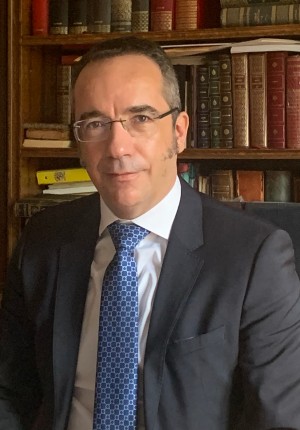
Antonio Bandres Cajal is the head of the European Affairs department at Spain’s national promotional bank ICO (Instituto de Crédito Oficial).
During the outbreak of COVID-19, promotional banks were playing a key role in supporting the European economy. How did ICO (Instituto de Crédito Oficial) navigate the crisis?
ANTONIO BANDRES CAJAL: The consequences of this pandemic are impacting every country with sudden and vast effects that require quick and massive action. The immediate challenge to address has certainly been the liquidity needs of the self-employed, SMEs and mid-caps in order to safeguard jobs and support recovery. ICO’s role has been a combination of well-tested work through our on-lending system combined with several new tools. Among these measures, the most relevant one managed by ICO has been the creation of the Guarantee Programme launched by the Spanish Government with 100 billion euro to secure up to 80 per cent of loans to companies and the self-employed hit by COVID-19. By 19 May, 84 billion euro of this guarantee had been approved. According to the latest data, Spanish companies have received more than 63 billion euro in loans through more than 500,000 operations guaranteed by this programme. In order to give support to startups and entrepreneurs, ICO has also intensified its activity in venture capital by offering liquidity to companies in its portfolio.
The speed and extent of the countermeasures taken by the EU Member States were unprecedented. Did you coordinate your responses between the promotional banks?
We have been in permanent dialogue with our peers in Europe, both bilaterally and through the NEFI (Network of European Financial Institutions) and the ELTI (European Long-Term Investors Association). Ever since the beginning of this crisis we have been intensifying our usual contact with our European colleagues to discuss our respective national responses, and our collaboration with European institutions.
”Future finance should focus on long term investments.“
Instituto de Crédito Oficial
ICO (Instituto de Crédito Oficial) is a corporate state-owned entity attached to the Ministry of the Economy and Digital Transformation. It has become a benchmark for the financing of both SMEs and large investment projects. ICO fosters inclusive and sustainable growth, supporting economic activities meriting promotion and development as a result of their social, cultural, innovative or environmental importance.
Learn moreWhat is the main thing you have learnt from the COVID-19 crisis? And what role can promotional banks play for the recovery phase and future resilience?
The first lesson we have learned at ICO, shared with multiple companies and institutions, is of an operational nature, as the entire organisation has had to adapt overnight to working remotely. It has become a rather successful reality driven by necessity. This reality will remain in place to some extent, improving both our efficiency and social responsibility. A second lesson is how liability and duty can activate an institution and squeeze staff capacity and hunger for innovation, implementing new facilities with demanding timing and objectives. This backup countercyclical potential reinforces the relevance of having a solid, active and innovative NPB (national promotional bank) that is ready to step in. For the recovery phase, after creating leverage with working capital liquidity, NPBs might play an important role in the need to capitalise that many companies will have, fostering the private equity markets in specific high potential sectors. Furthermore, future finance should focus on long term investments, increasing productivity and efficiency while deepening the Green Deal, addressing new projects and investments as a part of a new economy under sustainable principles.
Published on KfW Stories: 24 June 2020.

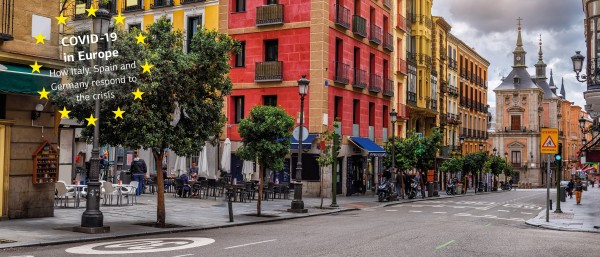
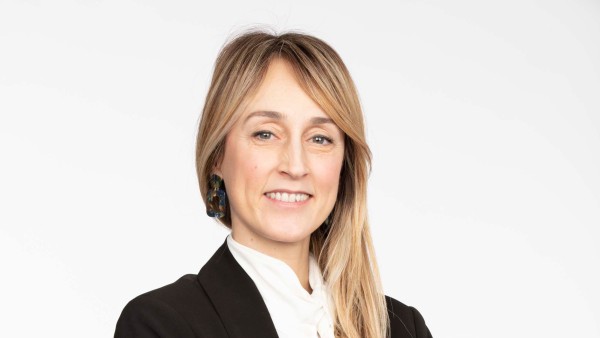
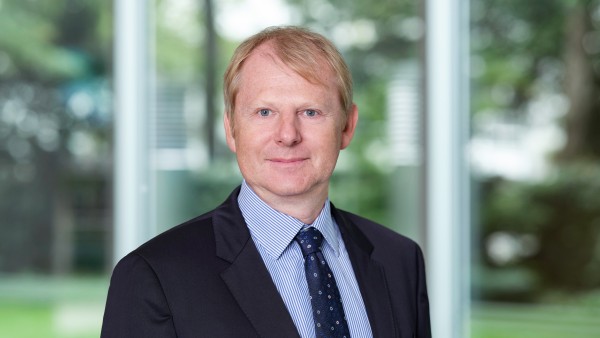
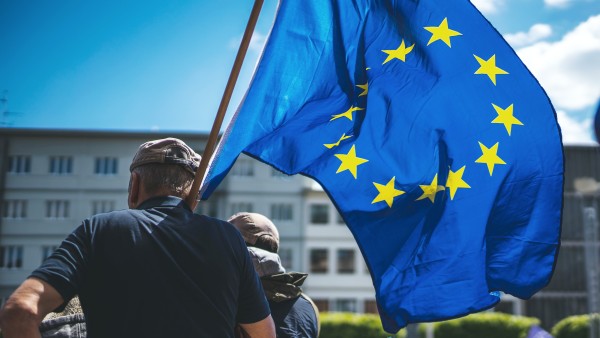
Data protection principles
If you click on one of the following icons, your data will be sent to the corresponding social network.
Privacy information